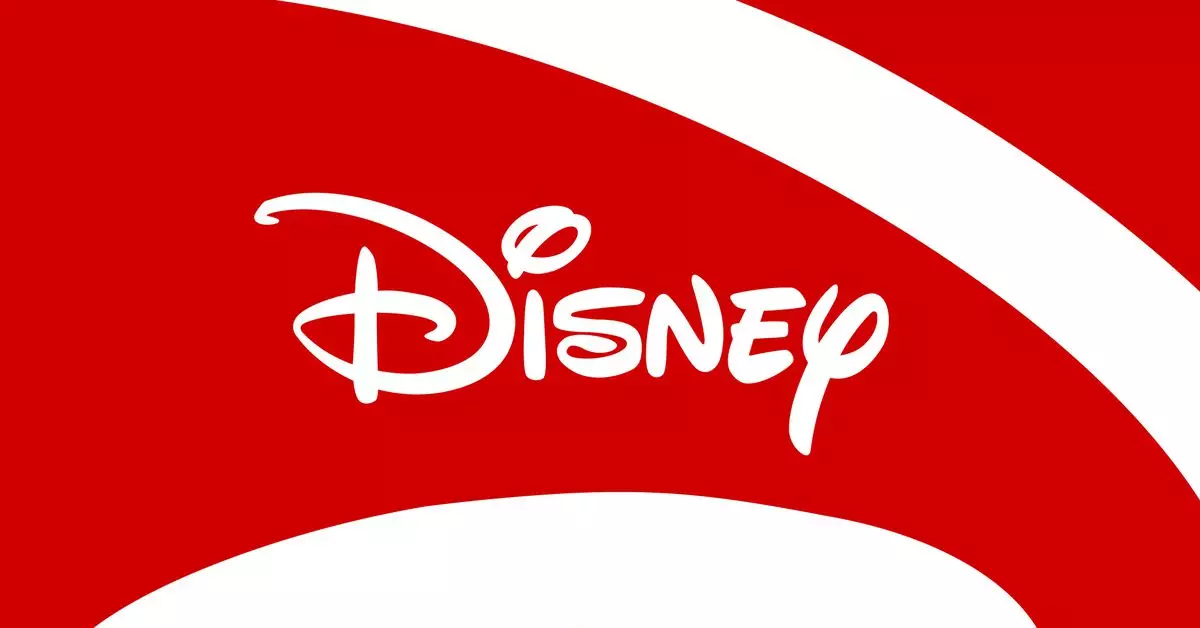The ongoing negotiations for a new carriage deal between Disney and DirecTV have left customers in the dark about their ability to watch popular channels like ABC and ESPN. With the first NFL weekend underway, the tension between the two companies is escalating as they try to sway customers to their side.
Disney has been vocal about DirecTV undervaluing their portfolio, while DirecTV has accused Disney of prioritizing profits over customer satisfaction. As a result, DirecTV customers have been directed towards alternative providers like Spectrum or Disney’s Hulu with live TV subscription to continue watching their favorite programs.
Corporate Messaging
Both Disney and DirecTV have been engaging in a war of words through social media and official statements. Disney has criticized DirecTV for restricting access to popular sports events like the US Open tennis tournament and Monday Night Football. On the other hand, DirecTV has offered credits to affected customers who switch to competing services like Sling or Fubo, accusing Disney of monopolistic practices.
This is not the first time Disney and DirecTV have clashed over carriage deals. Disney has a history of blackouts with carriers like Spectrum, Dish, and YouTube TV in the past. These recurring disputes highlight the ongoing power struggle between content providers and distributors in the television industry.
Ultimately, it is the consumers who are caught in the crossfire of these negotiations. As they are left without access to essential channels and programs, they are forced to make difficult decisions about their TV subscriptions. The uncertainty surrounding the outcome of these negotiations adds to the frustration of loyal customers.
The Disney and DirecTV carriage deal negotiations have far-reaching implications for the television industry and consumers. Both companies are engaged in a high-stakes battle for control over content distribution, with customers bearing the brunt of their disagreements. As the standoff continues, it remains to be seen how this conflict will ultimately be resolved and what the future holds for the relationship between content providers and distributors.

